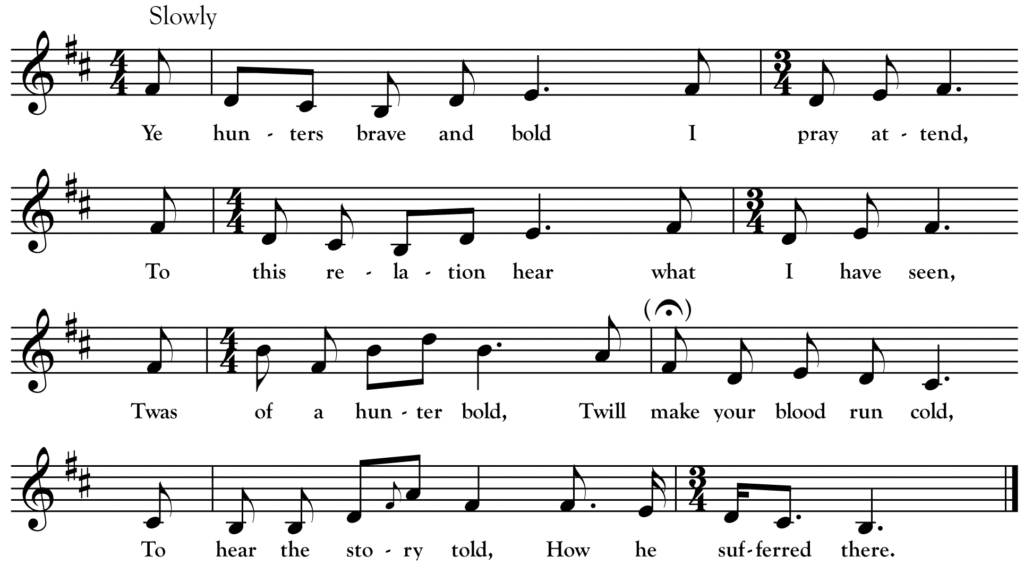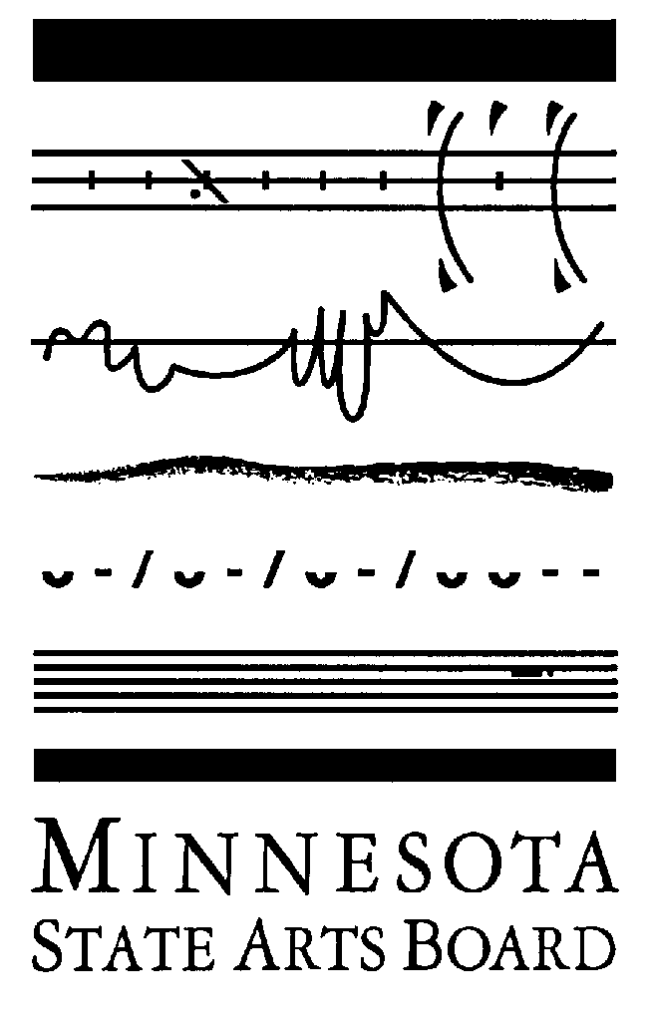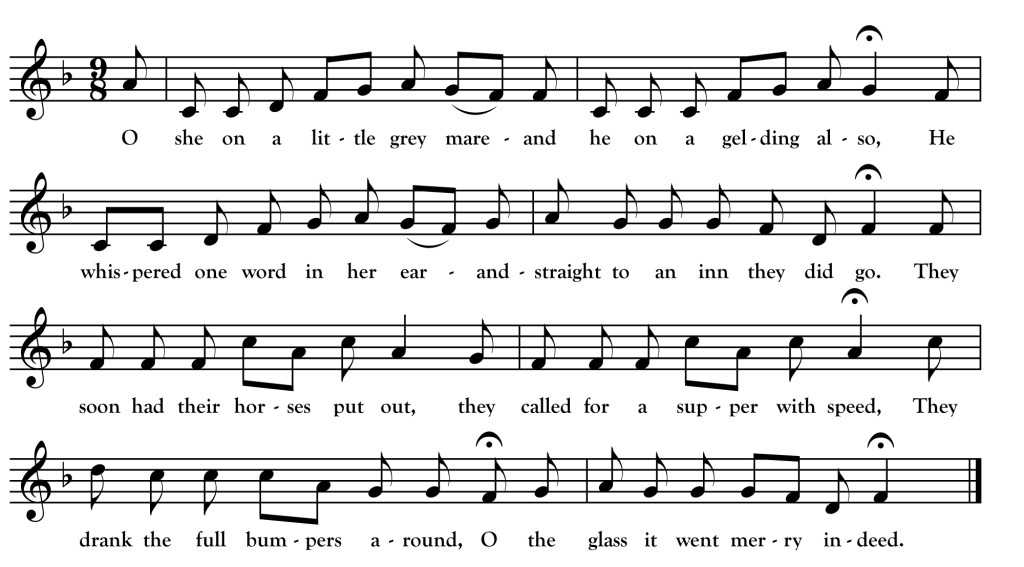The Hunter’s Death
Ye hunters brave and bold I pray attend
To this relation hear what I have seen
’Twas of a hunter bold
’Twill make your blood run cold
To hear the story told
How he suffered there.
To hunt when he was young was his delight
And when to manhood grown his favorite
To hunt the fallow deer
The roe buck and the bear
The turkey coon and hair
With smaller game.
As people settled round on hill and dale
No ven’son to be found his hunting failed
He went in forty nine
Towards the northern line
It was his hull design
To hunt the grove.
And now comes on the day that was his last
Old Boris [Boreas?] blew away an awful blast
It both rain hale and snow
The stormy winds did blow
They chilled his nature so
Poor man was lost.
All in the drifting snow laid himself down
No further could he go there he was found
His powder so complete
Was strewed from head to feet
That the vermin might not eat
His body there.
You’d wish to know his name and where he’s from
And of what stock he came and where he’s born
He’s of as noble a race
As any in the place
His name ’twas John Lomace
Born in Westfield.
—————
We stay on the hunting theme this month with a wonderfully obscure and fascinating song from the repertoire of Reuben W. Phillips of Akeley, Minnesota. “The Hunter’s Death” was one of 22 handwritten song texts Phillips sent to collector Robert W. Gordon in March 1924. Upon receiving the songs from Phillips, Gordon was drawn to “The Hunter’s Death” in particular for its “peculiar stanza form.” He published the song’s text in the August 20, 1924 edition of his pulp magazine column “Old Songs That Men Have Sung” calling it “a curious little song, particularly in its use of the short but effective line without rime at the end of each stanza.” Soon after, Gordon hauled his Edison cylinder recording machine from Berkeley, California to Akeley to record Phillips singing the song himself. Gordon remembered the song several years later when fellow song-catcher Joanna Colcord sent him another song collected in Vermont called “The Damsel’s Tragedy” with much the same form:
Indulgent parents dear I pray attend
To this relation hear which I have penned
A deeper tragedy
You never knew, for why?
A mother’s cruelty
Ruined her son.
Given that both songs can be traced to Vermont, “The Damsel’s Tragedy” may have been the template for “The Hunter’s Death.”
Phillips told Gordon that “The Hunter’s Death” was composed in northern New York around 1849 in the vicinity of Hopkinton where Phillips himself was born. It was based on an actual man, John Lomace, who lived in the area. Westfield, Vermont is about 100 miles east of Hopkinton on the other side of Lake Champlain. Both towns are quite near the “northern line” where one crosses into Canada.
Last month, I launched the Minnesota Folksong Challenge. This is your chance to get involved in reviving the folksong heritage of Minnesota! Learn a song from the Minnesota Folksong Collection and post a video on Youtube of yourself singing it. Send me the link and I’ll add you to the growing collection of videos here! St. Paul singer John Wenstrom took the Challenge and learned “The Hunter’s Death.” You can see John’s video at the Minnesota Folksong Collection site along with the new video of the Lost Forty doing our version of this song.
This activity is made possible by the voters of Minnesota through a grant from the Minnesota State Arts Board, thanks to a legislative appropriation from the arts and cultural heritage fund.





